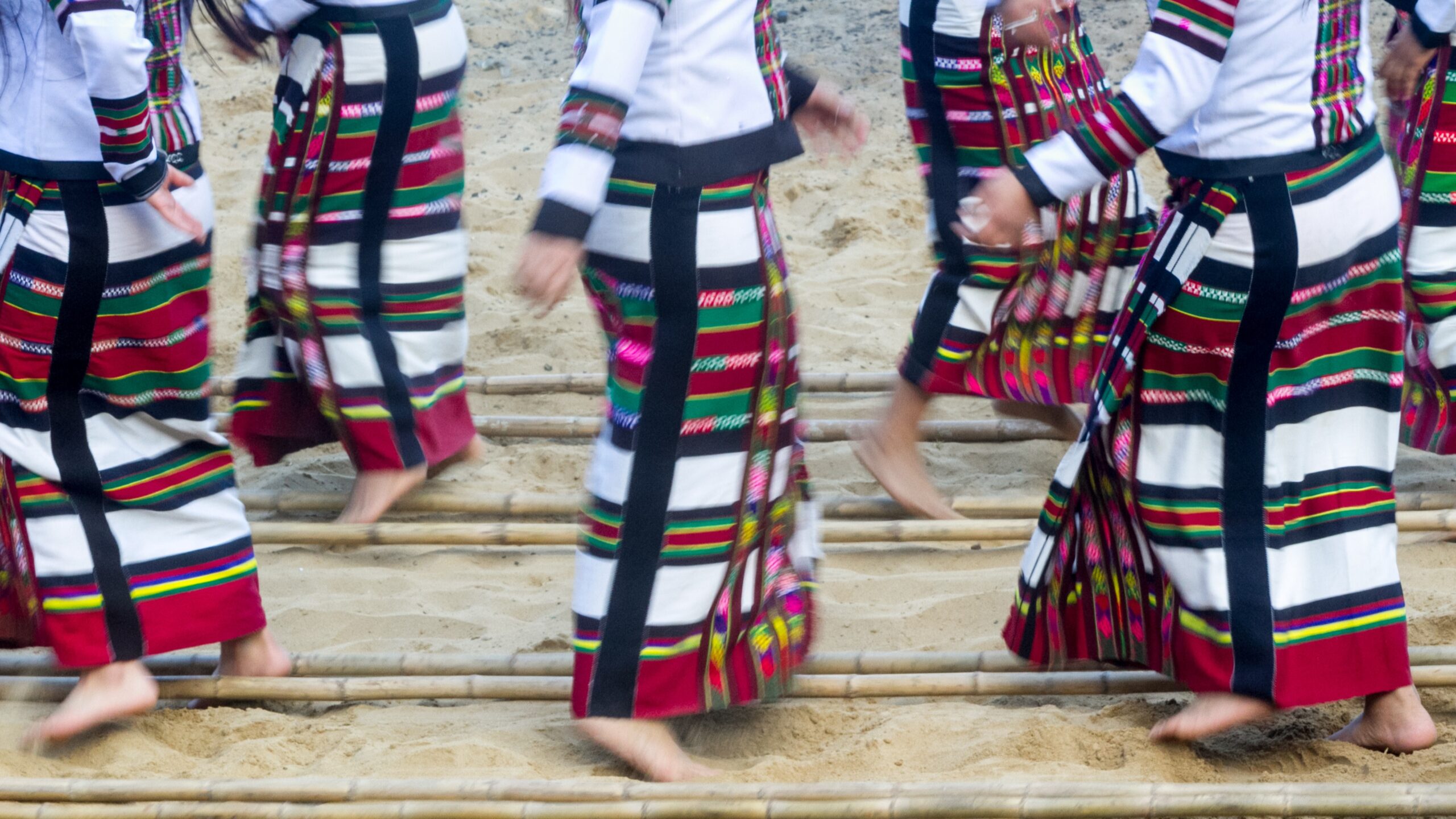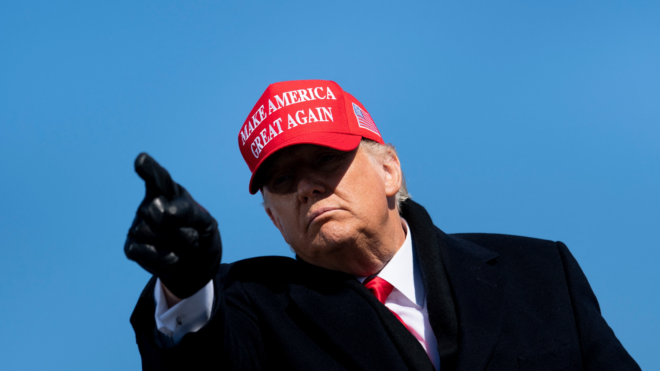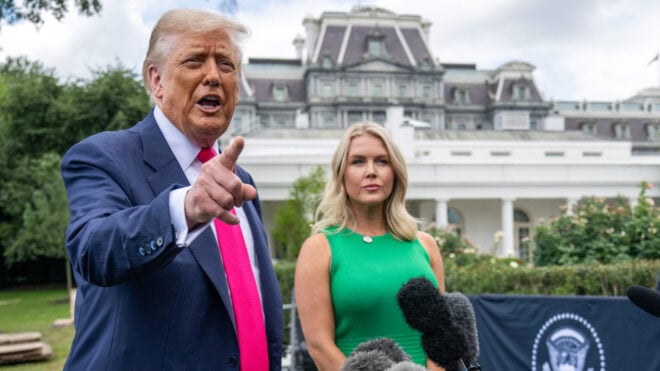
Asian American and Pacific Islander (AAPI) Heritage Month is celebrated each May as a way to honor the culture of Asian Americans, Native Hawaiians, and Pacific Islander Americans.
Through parades and performances, the month is full of celebrations. But if you don't know the history behind the importance of AAPI Heritage Month, we took the liberty of breaking it down for you. In a speech delivered by President Joe Biden on April 30, 2024, he took a moment to reflect on the importance of the special celebration.
“From Native Hawaiians and Pacific Islanders whose ancestors have called their lands home for hundreds of years, to Asian immigrants who have newly arrived and those whose families have been here for generations — AA and NHPI heritage has long been a part of the history of our great country and a defining force in the soul of our Nation,” he said. “As artists and journalists, doctors and engineers, business and community leaders, and so much more, AA and NHPI peoples have shaped the very fabric of our Nation and opened up new possibilities for all of us.”
AAPI Heritage Month wasn't recognized as an annual federal observance until 1992, though the community has been honored each May since the 1970s. It was originally celebrated during the first week of May until Congress expanded the observance to the full month in 1990.
More From LittleThings: I Took A DNA Test 8 Years After My Dad Died To Finally Learn About His Side Of The Family
The reason May was chosen as the month for celebration is because the first Japanese immigrants came to America on May 7, 1843. In addition, the transcontinental railroad, which was built with significant involvement from Chinese immigrant laborers, was completed with a single golden spike on May 10, 1869.
The idea of AAPI Heritage Month was originated by Jeanie Jew, one of the founders of the Organization of Chinese American Women. She worked as a staffer on Capitol Hill in the 1970s, aiming to increase Asian American representation.
Her personal connection to the month of May came from her grandfather, a Chinese immigrant who had a hand in building the transcontinental railroad. He was later killed during a period of anti-Asian violence in Oregon.
Jeanie took her idea to New York Rep. Frank Horton, and he cosponsored a bill with California Rep. Norman Yoshio to dedicate a week to AAPI heritage. In June 1978, 231 congressional members signed a joint resolution. In October 1978, President Jimmy Carter signed the resolution to dedicate the first week of May to AAPI heritage. Years later in 1990, President George H.W. Bush signed a declaration expanding the celebration to the entire month of May.
“Since its first observance, the celebration in May has become the single most significant event for Asian and Pacific Islanders and all Americans to learn more about our concerns, contributions, achievements and history in the U.S.,” Jeanie wrote in a letter to Frank, thanking him for his advocacy.
A variety of events take place across the country to celebrate AAPI Heritgae Month. Cities like Seattle, Raleigh, Denver, and Dallas, host large festivals. The third annual AAPI Cultural and Heritage Parade will take place in New York City on May 19, 2024.




